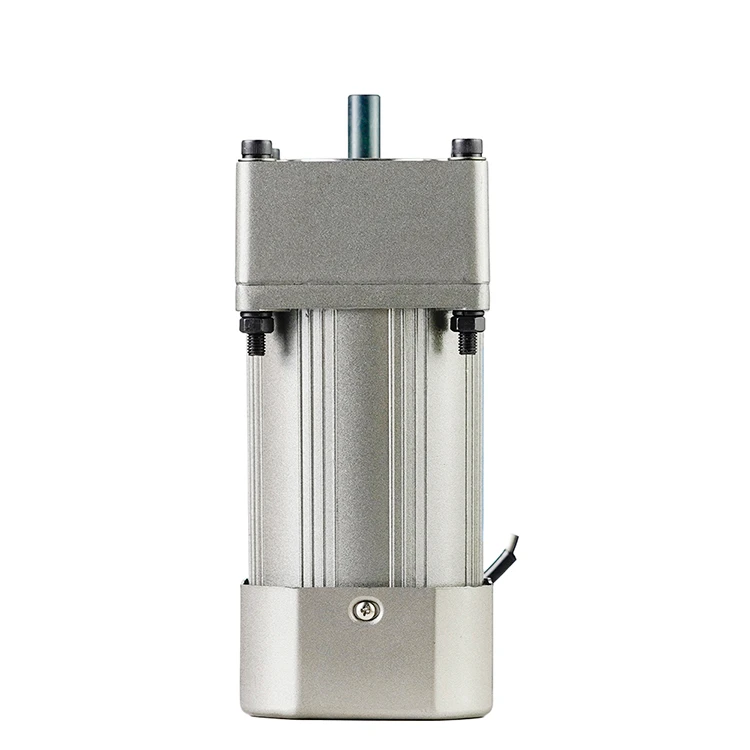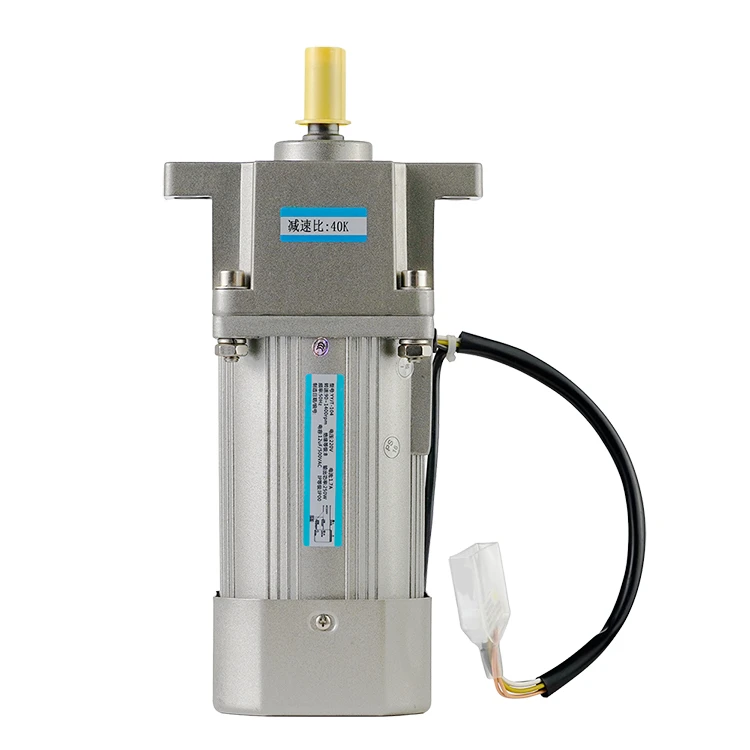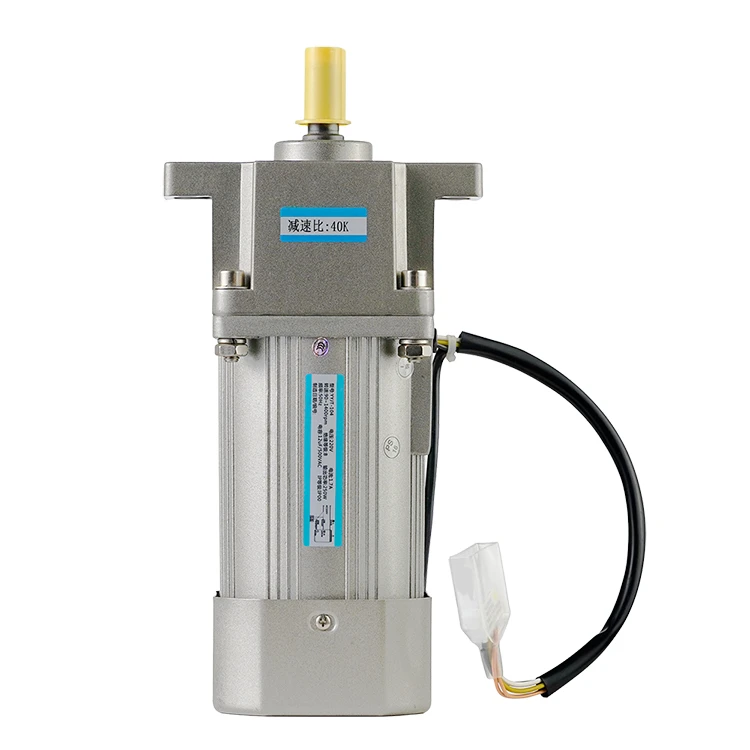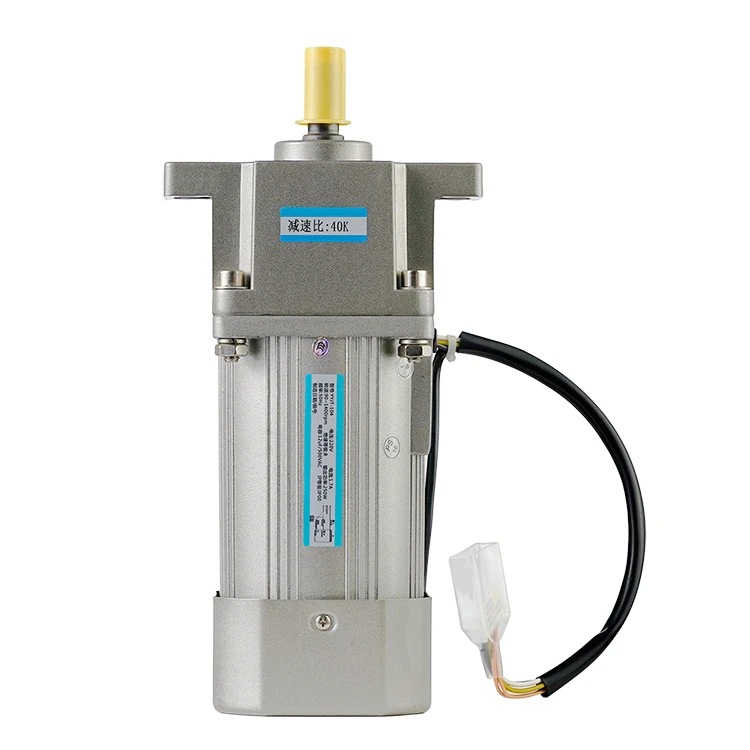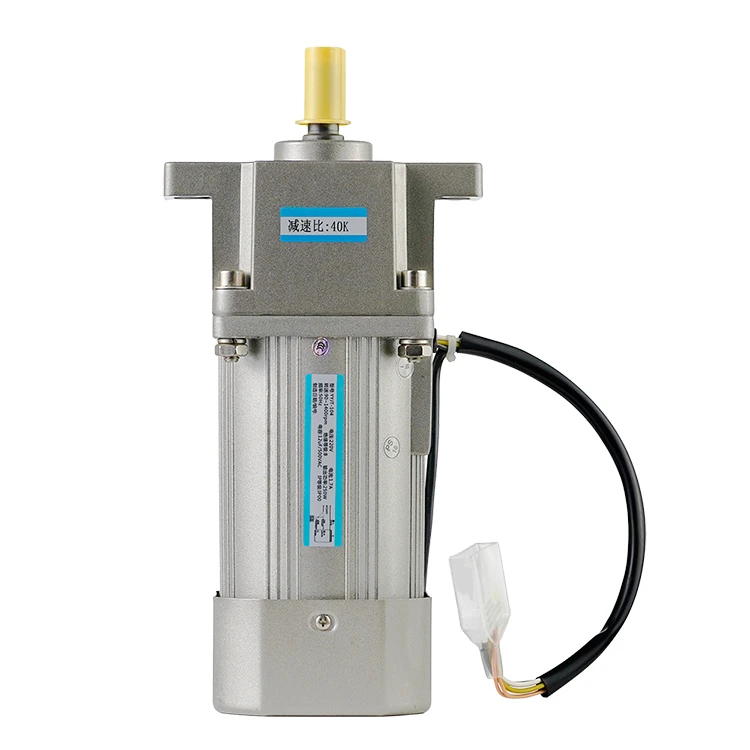Can servo motor rotate continuously?
2023-01-30 16:55:42
Servo motors are widely used in a variety of applications to provide precise control of the position, velocity, or acceleration of a mechanism or system. However, servo motors are not typically designed to rotate continuously beyond a specific range of motion. In this essay, we will explore the reasons why servo motors are not typically able to rotate continuously and discuss the rare cases where they can.
Why Servo Motors Cannot Rotate Continuously
Servo motors use feedback to compare the desired state of the mechanism or system with its actual state, and this feedback mechanism is not typically able to operate outside of the servo motor's range of motion. Additionally, the gear train inside the servo motor is not typically designed to support continuous rotation and can become damaged or fail if forced to rotate continuously.
Servo Motors that Can Rotate Continuously
Despite the fact that servo motors are not typically able to rotate continuously, there are some servo motors that are designed to do so. These servo motors are typically modified versions of standard servo motors and use different feedback mechanisms or gear trains to support continuous rotation. However, these servo motors are not as common as standard servo motors and are typically not used in applications where continuous rotation is required.
Conclusion
In conclusion, servo motors are commonly used in applications that require precise control of the position, velocity, or acceleration of a mechanism or system. However, they are not typically designed to rotate continuously beyond a specific range of motion. While there are some servo motors that are designed to rotate continuously, they are not as common as standard servo motors and are not typically used in applications where continuous rotation is required.
See What Lunyee Can Do For You
Contact Us
- 8619149417743
- +86-0371-5562 0274
- [email protected]
- Zhengzhou, Henan Province, China
- Mon-Fri: 9:00 - 18:00
